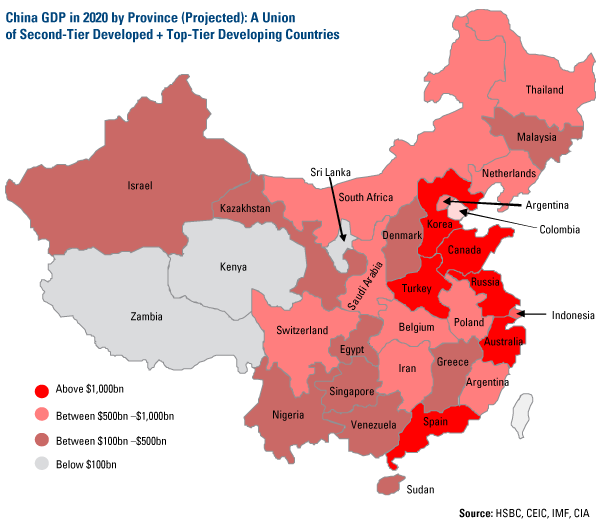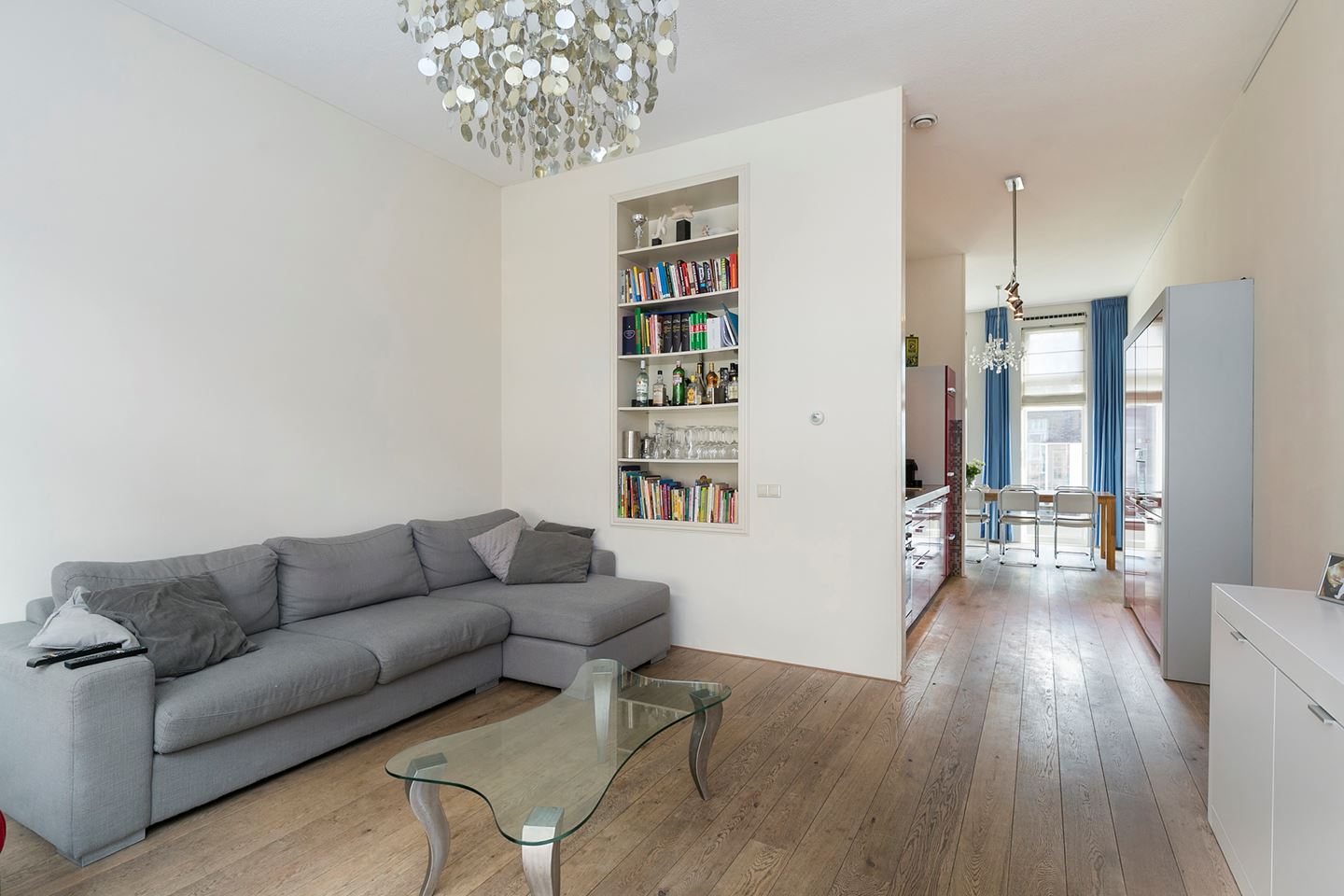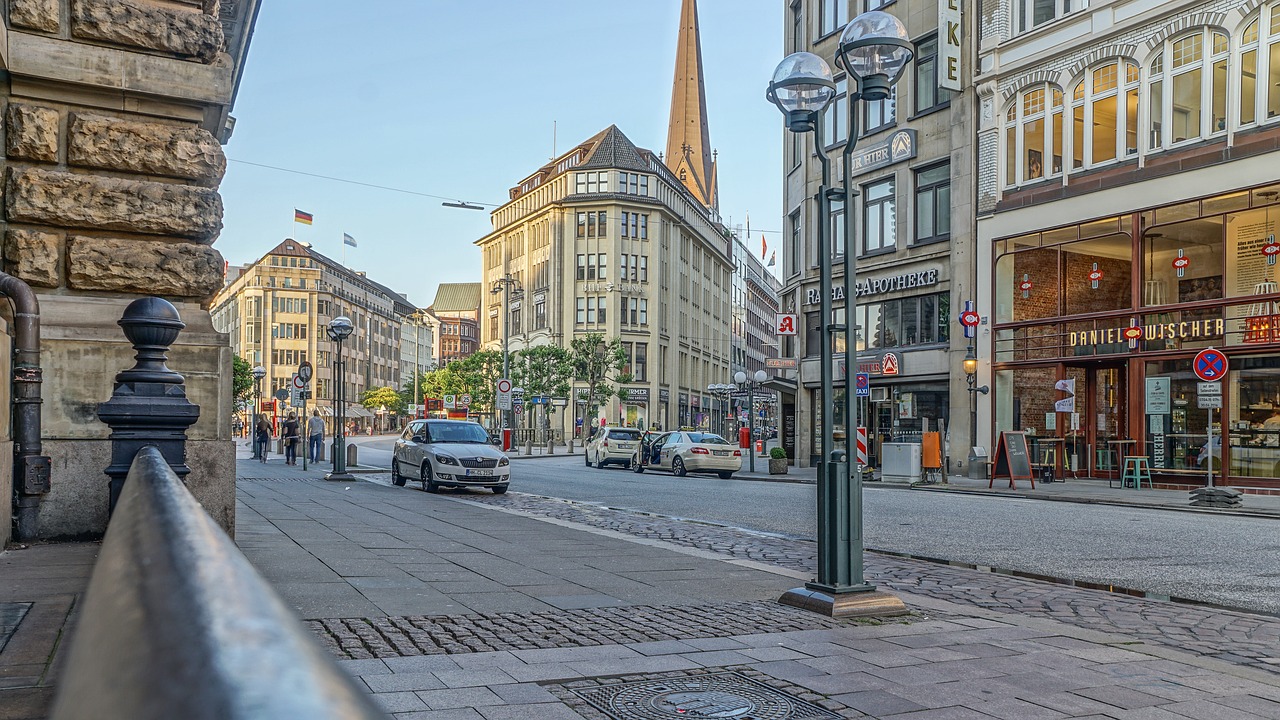
German property prices, that were relatively cheaper than those in other European countries in the past, have risen sharply. All the international property investors are now having an eye on the Germany’s real estate market. Why? It is because they can see a lot of potential for the German property price to continue climbing up, especially those in major cities.
There is an expanding population in major cities such as Frankfurt, Berlin and Munich. This adds to the currently existing supply-demand imbalance, leading to the upward pressure on property prices as well as the rental prices. Real estate prices in these cities have raised by more than 60% since 2010, according to the German central bank, the Bundesbank.
Take Berlin as an example, the city’s population escalated significantly by 40,000 in 2015. As for the household number, it is predicted to increase by 74,000 from 2015 to 2020. Despite the rise in population and household numbers, new house building is still lagging behind. The supply of it is not sufficient to cater the household needs. Whereas in Munich, according to Dr Klein, apartments prices surged by 10.52% to €4,821 (about HK$41,260) per square meter. One- and two-family houses prices also increased by 5.75% to €3,627 (about HK$31,049) per square meter.
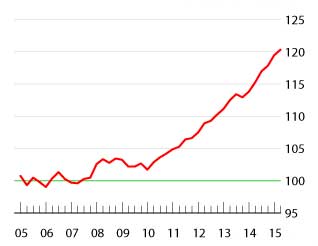
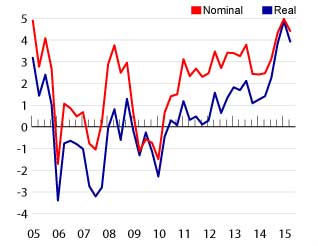
As we can see from the below table, the Residential Property Price Index of Germany has increased from 104.63 in 2011 quarter one to 135.41 in 2016 quarter four, which is around one third of the original index. Though the noticeable increase in property prices reflects Germany’s solid economic growth, low unemployment and low borrowing costs, some are worried that the German real estate market is overheating. Yet the good news is that there is no real estate bubble that threatens financial stability in Germany currently, according to Bundesbank’s chief banking supervisor Andreas Dombret.
However, we should all still pay attention to the potential risks. Some early warning indicators include easing credit standards and credit volumes, which reflect that banks are willing to take on more risk. Dombret also pointed out that booming real estate market together with the low interest rates may lead to dangerous situation for the banking sector.
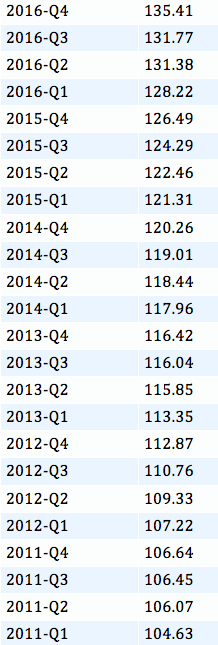
For more information on overseas property news and prices, please visit our website at https://www.spacious.hk/hong-kong/international or follow our LinkedIn Page.




